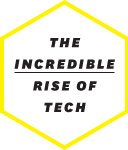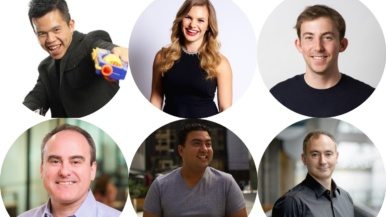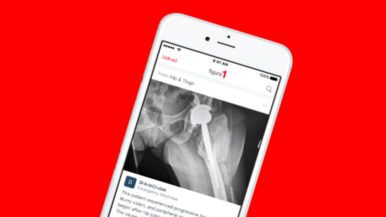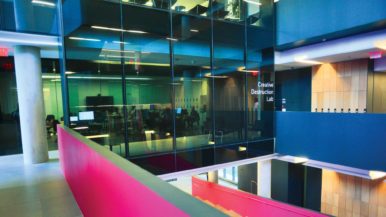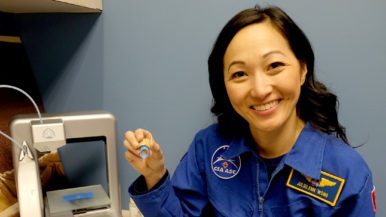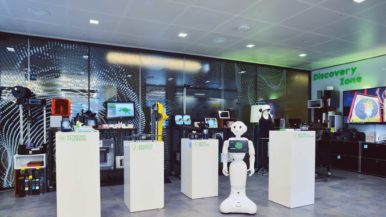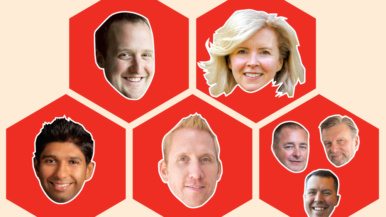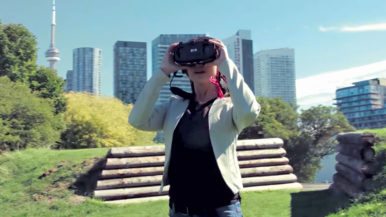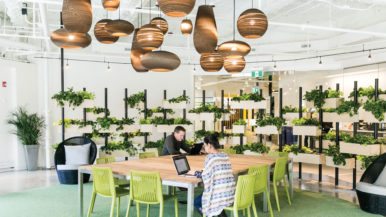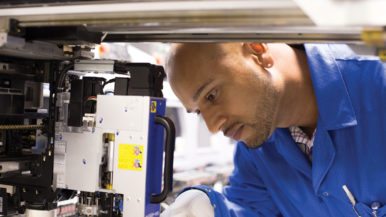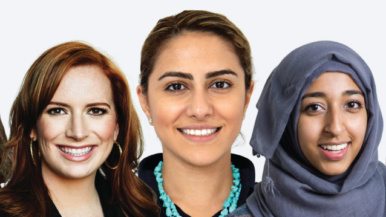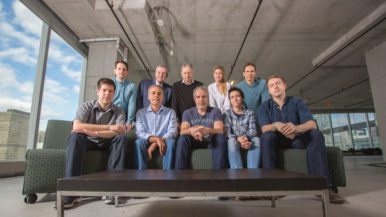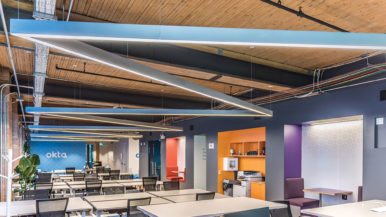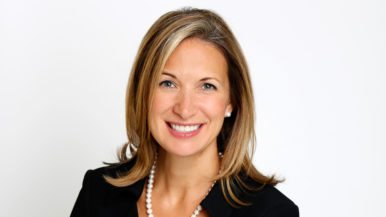These incubators are hatching the titans of tomorrow
Six operations that provide space, training and sage advice

MaRS
What it is: The organization offers 1.5-million square feet of office space in four towers along Hospital Row.
Who it’s for: Companies in the early stages of growth in four areas: health, finance, energy, and work and learning.
What they get: Access to incubator and accelerator programs like MaRS Start and MaRS Growth, and investments like the MaRS Catalyst Fund for corporate social responsibility.
What it costs: Free.
Notable tenants: Facebook, Airbnb, PayPal, League.
The Founder City Project
What it is: A network of CEOs and start-up types. Members meet in small groups monthly and can sign up for in-depth training on scaling, recruiting, diversity, and more.
Who it’s for: Founders and tech employees in the Toronto-Waterloo corridor.
What they get: Mentoring, peer-learning sessions and exclusive networking events.
What it costs: $850 for male trainees, free for women.
Notable alumni: Wattpad, Big Viking Games, VarageSale.

Ryerson DMZ
What it is: The best university incubator in North America, according to the research firm UBI Global. It opened a New York outpost in June.
Who it’s for: Pre–funding stage start-ups with working prototypes.
What they get: Office space, pitch workshops, one-on-one meetings with investors, and access to an advisory council with big shots like ex–Wind Mobile CEO Anthony Lacavera and former CBCer Kirstine Stewart.
What it costs: $400 a month.
Notable tenants: Dot Health, an app that helps people access their medical records; AccessNow, a service that allows people to find accessible bars, restaurants and the like.
Next Canada
What it is: A nationwide non-profit that offers three different programs for developing founders and start-ups.
Who it’s for: Next 36 is an eight-month accelerator for companies; Next Founders trains individual entrepreneurs; and a new stream, Next AI, helps start-ups in artificial intelligence.
What they get: Mentoring from a network that includes Hubba’s Ben Zifkin and Top Hat’s Mike Silagadze; an intensive business-building curriculum; a chance to pitch to investors; and access to advisers in operations, sales and media relations.
What it costs: Free.
Members: Staffy, an Uber-style temp service; Crowdbabble, a social analytics firm.
Notable alumni: Bridgit, which makes management software for construction sites; Sampler, a product sample delivery service.
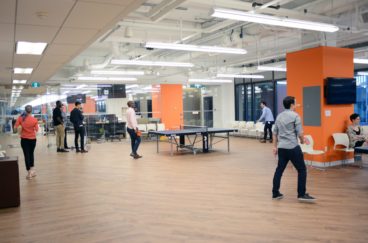
OneEleven
What it is: A start-up network and co-working space in a sleek, sprawling Front Street facility.
Who it’s for: Start-ups that have raised between $1 -million and $5 million.
What they get: Meetings with investors, founder events, and Ping-Pong and foosball tables.
What it costs: A desk in an open-concept office starts at $500 a month.
Notable tenants: Zoom, an AI executive assistant; Dropbike, a bike-sharing service.
INcubes
What it is: A 12-week boot camp of workshops and mentoring that culminates with “demo day,” a chance for start-ups to pitch their companies to investors.
Who it’s for: Established start-ups can enroll in the Accelerator program, while new companies can enter the less-intensive Funnel stream.
What they get: Mentoring, office space, legal and accounting services, and access to an international exchange program with placements in New York and Hong Kong.
What it costs: 7.5 per cent of the company’s equity.
Notable alumni: Limelight, an event marketing software; the data analytics firm Qoints; the portable home security system Alertly.
